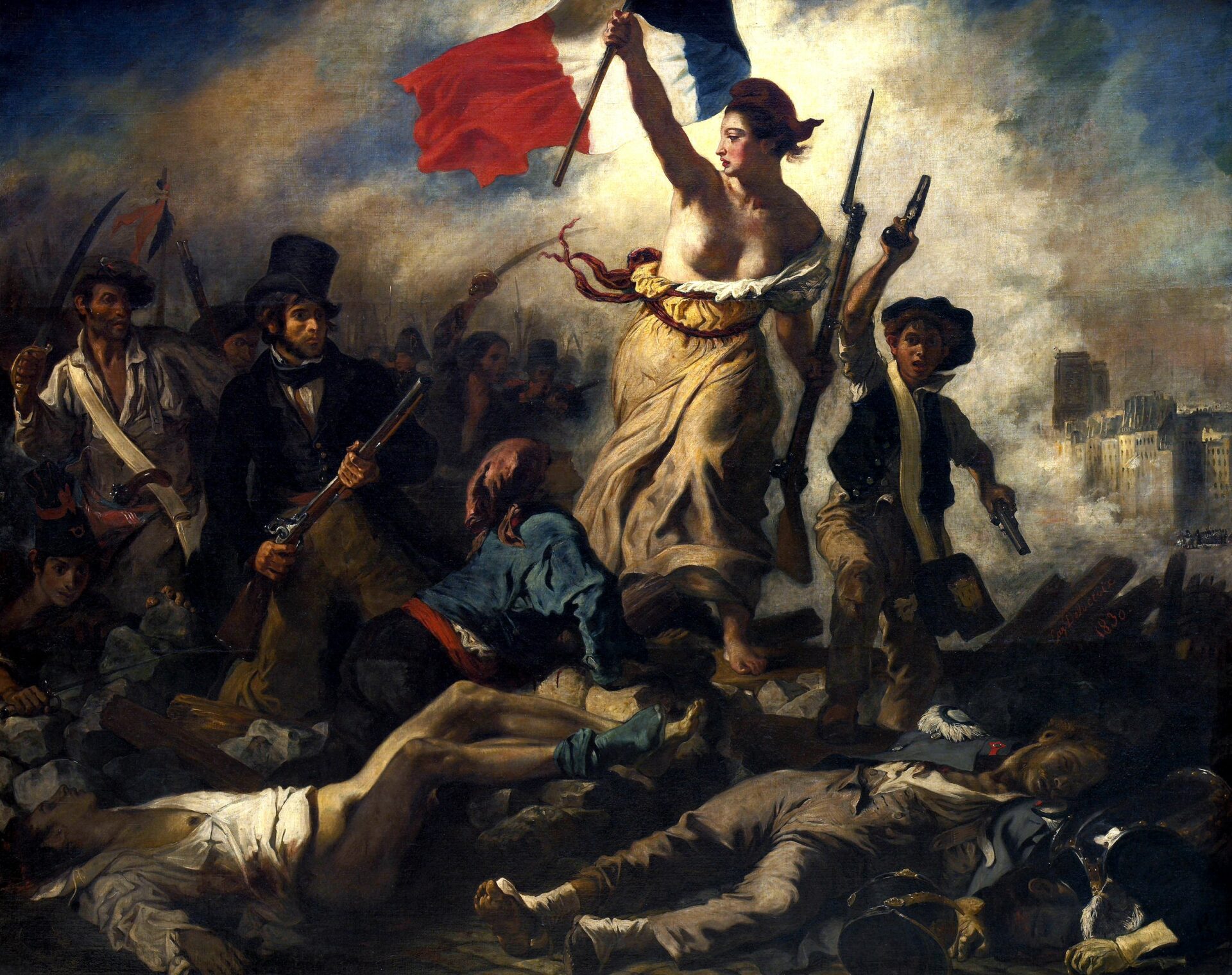The romantic period (usually dated 1780 to 1830) was one in which political and cultural thought showed such a varied concern for tradition that many historians dispute that there was sufficient unity of thought to refer to a “movement” at all. Moreover, writers of “the romantic school” in Germany were quite different from writers in England or France at the same time; the various romantic thinkers tended to be united by what they disliked more than by what they liked.
There was a general revolt against what many viewed as the “narrowness” of the eighteenth century—the emphasis on the purely logical, on the tightly ordered rules of poetry and prose, on what was felt to be an unimaginative approach to history, science, and politics. The romanticists accused their Enlightenment predecessors of being unduly optimistic about the perfectibility of human nature and argued that pleasure can also be taken from the grotesque, the disorganized, and the irrational.
The English romantic artist William Blake (1757-1827) subtly attacked the veneration of Sir Isaac Newton, seeing him less as a scientific genius and more as a materialist without emotional inspiration. God existed and was to be found in Nature, the romantics argued, not in Science.
Paradoxically, the revolutionary qualities of the romantics were always evident in literature and the arts, where they rebelled against Jacobin and Napoleonic France’s devotion to the cult of classical antiquity. Revolutionary France was attached not only to Roman names, furniture, and fashions but also to neoclassical painting and architecture. The romantics were most revolutionary in their disdain for the literary and artistic standards of neoclassicism and their attraction to the medieval and the Gothic, to the colorful and the exotic, to the visually undisciplined and the emotional.
If the protest against reason reached full force during the first third of the nineteenth century, it had been building up for a long time in contemporary challenges to the Enlightenment. Before 1750 Wesley in England and the Pietists in Germany were protesting against the deism of the philosophes and preaching a religion of the heart, not the head.
Rousseau proclaimed conscience, not reason, as the “true guide of man.” The protest against oversimplification of the individual and society, and the insistence on the intricacy and complexity of humanity, formed the common denominators of romanticism.

